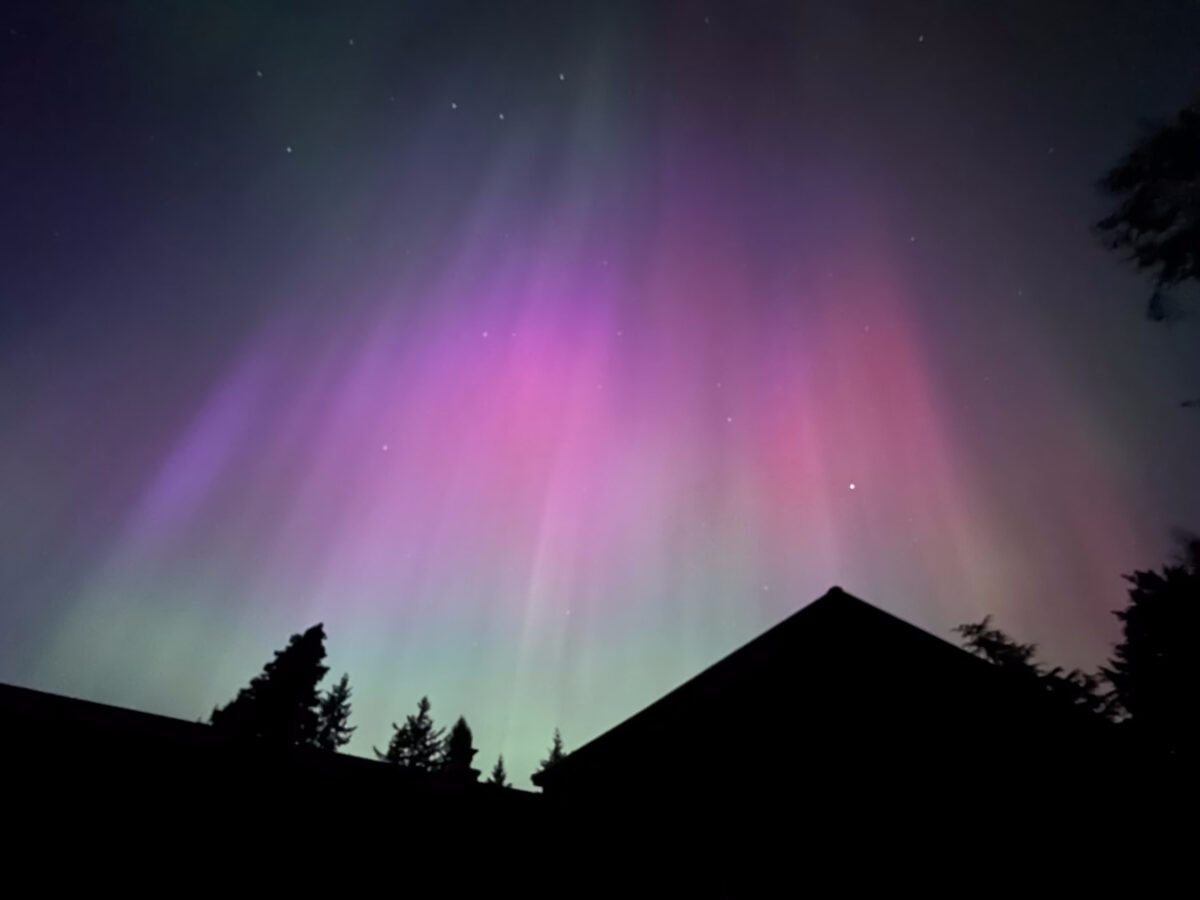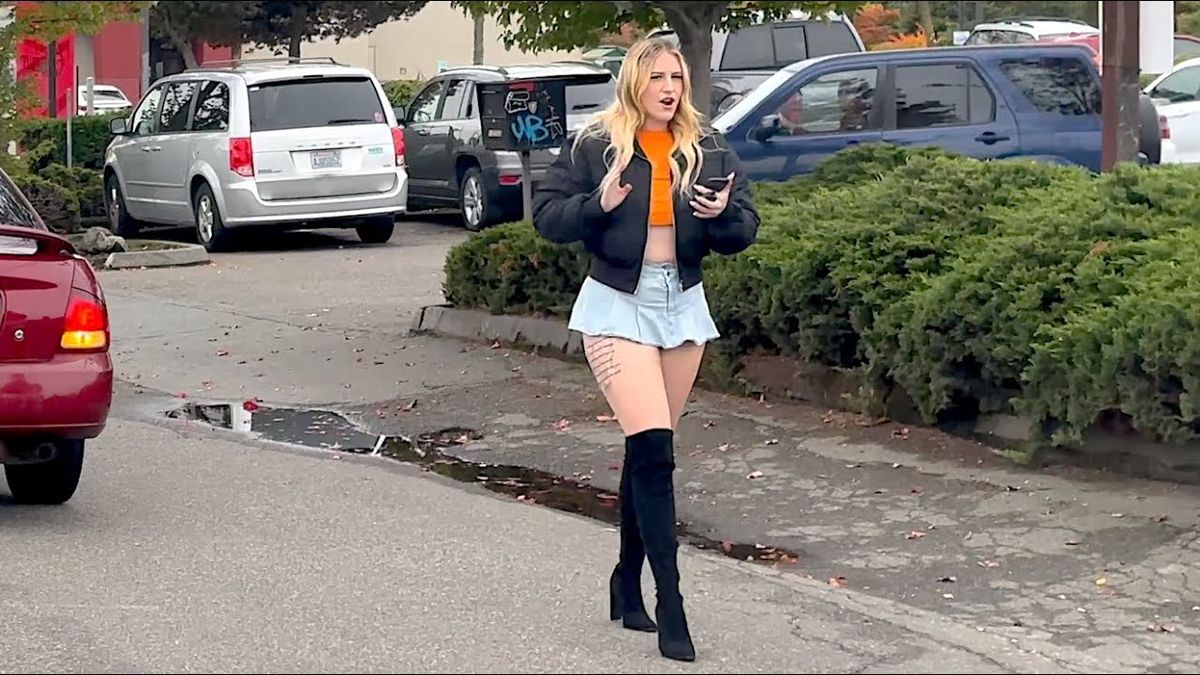Imagine this: you're standing in the heart of Seattle, gazing up at the night sky, and suddenly, a mesmerizing dance of colors begins. Aurora in Seattle might sound like a dream, but it's actually a real possibility! While Seattle isn't a traditional aurora hotspot like Alaska or Norway, the phenomenon does occasionally grace the Pacific Northwest with its presence. So, buckle up and get ready to dive into the magical world of auroras in Seattle!
Now, you might be wondering, "What exactly is an aurora, and why should I care?" Great question! Aurora, also known as the Northern Lights, is a natural light display caused by charged particles from the sun colliding with Earth's atmosphere. It’s one of nature's most breathtaking spectacles, and spotting it in Seattle would be a once-in-a-lifetime experience. Let's explore why this phenomenon matters and how you can increase your chances of witnessing it.
Whether you're a local or just visiting, understanding the science behind auroras and knowing how to spot them can transform your Seattle adventure into something truly extraordinary. So, let's break it down step by step and uncover the secrets of auroras in Seattle. Who knows? You might just catch a glimpse of this magical light show!
Read also:How Much Is Matt Crouch Worth Unveiling The Net Worth And More
Understanding the Science Behind Aurora in Seattle
What Causes Aurora?
Okay, let's talk science for a sec. Aurora occurs when charged particles from the sun, also known as solar winds, collide with Earth's magnetic field. These particles get funneled toward the poles, where they interact with gases in our atmosphere, creating dazzling light displays. While auroras are more common near the Arctic and Antarctic circles, they can sometimes be seen farther south, including in Seattle, especially during intense solar storms.
Think of it like this: the Earth is like a giant magnet, and when solar winds hit it, they create a beautiful light show. The colors you see depend on the type of gas the particles collide with. For example, green is caused by oxygen, while red and purple come from nitrogen. Pretty cool, right?
How Often Can You See Aurora in Seattle?
Now, here's the million-dollar question: how often can you actually see auroras in Seattle? The truth is, it's pretty rare, but not impossible. Seattle's location in the Pacific Northwest means it's far enough north to occasionally catch a glimpse of auroras during strong geomagnetic storms. However, factors like light pollution and weather conditions can make sightings even rarer.
On average, auroras might be visible in Seattle once or twice a year during major solar events. But don't let that discourage you! With the right tools and a bit of patience, you can increase your chances of spotting this natural wonder.
Best Spots to See Aurora in Seattle
Escape the City Lights
One of the biggest challenges when trying to see auroras in Seattle is light pollution. The city's bright lights can easily drown out the faint glow of auroras. To maximize your chances, you'll want to head out of the city and find a dark spot with minimal light interference.
Some great options include:
Read also:What Is Haley Baylee Known For Unveiling The Rising Stars Achievements
- Rattlesnake Lake
- Deception Pass State Park
- Mount Rainier National Park
- Olympic National Park
These locations offer not only dark skies but also stunning backdrops that will make your aurora experience even more memorable.
Tips for Spotting Aurora in Seattle
Spotting auroras in Seattle requires a bit of planning and preparation. Here are some tips to help you increase your chances:
- Check the Aurora Forecast: Websites like SpaceWeatherLive and Aurora Service provide real-time updates on auroral activity. Keep an eye on the KP index, which measures geomagnetic activity. A KP value of 6 or higher means there's a good chance of seeing auroras in Seattle.
- Choose the Right Time: Aurora activity is most common during the winter months when nights are longer. Aim for clear, moonless nights for the best visibility.
- Use the Right Gear: Bring a good camera with manual settings to capture the auroras. A tripod is essential for long exposures, and a warm jacket will keep you comfortable during those chilly nights.
Photographing Aurora in Seattle
Camera Settings for Capturing Aurora
Photographing auroras can be a rewarding experience, but it does require some technical know-how. Here are some camera settings to help you get started:
- ISO: Set your ISO between 800 and 3200 for better light sensitivity.
- Aperture: Use the lowest f-stop your lens allows to let in more light.
- Shutter Speed: Aim for exposures between 5 and 20 seconds. Longer exposures can capture more detail but may cause star trails.
Remember, practice makes perfect! Experiment with different settings to find what works best for you and the conditions you're shooting in.
Historical Aurora Sightings in Seattle
Seattle has had its fair share of auroral displays throughout history. One of the most notable events occurred in 2015 when a powerful geomagnetic storm lit up the skies across the Pacific Northwest. Residents were treated to a breathtaking display of greens, purples, and reds, making headlines and sparking a renewed interest in auroras.
These historical sightings remind us that while rare, auroras in Seattle are definitely possible. Staying informed and prepared is key to catching these magical moments.
Common Misconceptions About Aurora in Seattle
There are a few myths surrounding auroras in Seattle that we need to clear up:
- Auroras Can Only Be Seen in the Arctic: While auroras are more common near the poles, they can occasionally be seen much farther south, including in Seattle.
- You Need Special Equipment to See Aurora: While a camera can enhance your experience, you don't need any special gear to see auroras with the naked eye.
- Auroras Happen Every Night: Unfortunately, this isn't true. Aurora sightings depend on solar activity, weather conditions, and location.
Understanding these misconceptions can help you better prepare for your aurora adventure.
The Cultural Significance of Aurora in Seattle
Auroras have fascinated humans for centuries, and Seattle is no exception. Many indigenous cultures in the Pacific Northwest have their own myths and stories about auroras, viewing them as spiritual or mystical phenomena. Even today, witnessing auroras can be a deeply moving experience that connects us to the natural world.
For Seattleites, auroras represent a rare opportunity to witness the beauty of the universe right here in their backyard. It's a reminder of the wonders that exist beyond our daily routines and the importance of preserving our planet's natural beauty.
Future Prospects for Aurora in Seattle
As solar activity continues to fluctuate, there will be more opportunities to see auroras in Seattle in the coming years. The current solar cycle, known as Solar Cycle 25, is expected to peak around 2025, meaning there could be more frequent and intense auroral displays.
Staying informed about solar activity and being prepared to seize the moment will be key to experiencing auroras in Seattle. Who knows? You might just become an aurora chaser yourself!
Conclusion
So, there you have it! Aurora in Seattle might be rare, but it's definitely worth the effort to catch a glimpse of this natural wonder. By understanding the science behind auroras, knowing where and when to look, and preparing properly, you can increase your chances of witnessing this magical light show.
We encourage you to share your aurora experiences in the comments below and spread the word about this incredible phenomenon. And don't forget to check out our other articles for more tips and insights on exploring the wonders of the Pacific Northwest. Happy aurora hunting, and may the KP index be ever in your favor!
Table of Contents
- Understanding the Science Behind Aurora in Seattle
- How Often Can You See Aurora in Seattle?
- Best Spots to See Aurora in Seattle
- Tips for Spotting Aurora in Seattle
- Photographing Aurora in Seattle
- Historical Aurora Sightings in Seattle
- Common Misconceptions About Aurora in Seattle
- The Cultural Significance of Aurora in Seattle
- Future Prospects for Aurora in Seattle
- Conclusion


